The University of Minnesota’s reported sex offenses — like rape and sexual assault — are on the rise, but crime generally is trending downward, which is in line with other Big Ten colleges.
After analyzing nine colleges’ on-campus crime reports, including the University, the statistics vary depending on the category of crime. When it comes to vehicle theft, the University zooms past its Big Ten peer schools, whereas it lags significantly in liquor law violations. Compared to the other schools, the University had the lowest rate of hate crimes compared to the student body population.
Another common trend is rising arrests for liquor law violations, like underage drinking, since the COVID-19 pandemic. For the University in particular, though, those arrests have decreased significantly from a decade ago, from over one hundred per year to single digits.
Between 2010 and 2019, the total number of on-campus crimes decreased by roughly 15%, according to the National Center for Education Statistics.
Every year, colleges and universities receiving federal funds for financial aid are required to report crime statistics and outline their security procedures to students and the public. Colleges and universities need to send out timely warnings for crimes included in the Clery Act and put together daily crime logs.
The reports are compiled by Clery officers on each campus. At the University, the Clery Compliance Office works with local law enforcement and pulls additional crime information from Campus Security Authorities, who are University employees identified under the Clery Act, said University spokesperson Jake Ricker in an email to the Minnesota Daily.

Rape
The University, like other Big Ten schools, reported rape cases being down after a spike in 2021, but a few schools saw more cases over the last few years.
On campuses across the country, forcible sex offenses more than tripled, according to the National Center for Education Statistics.
The University’s peak for reported rapes was in 2021, with 40 cases on the Minneapolis campus.
Vehicle theft
Vehicle thefts on the University’s campus are consistent with substantial increases across Minneapolis, though St. Paul saw a decline of 32% compared to last year.
The University’s Department of Public Safety monitors a network of security cameras throughout campus to look for suspicious activity or help catch culprits when thefts happen, according to Ricker, though vehicle owners also have a key role in minimizing thefts.
Some of the best ways to protect your vehicle include not leaving cars idling with the keys in the ignition, not keeping an extra key or fob inside and staying aware of your surroundings when getting in and out of your car, according to a statement earlier this year from Nick Juarez, University of Minnesota Police Department’s assistant director of diversity and inclusion.
Juarez also recommended against leaving anything in your vehicle in plain view and to consider installing an audible alarm or a tracking system.
To better tackle crime like vehicle thefts, the University needs to work on having conversations with all shareholders in its jurisdiction, such as the Hennepin County Attorney’s Office, the Attorney General’s office and Minneapolis City Council, said Morgan McElroy, a board member of the University of Minnesota Campus Safety Coalition.
“For anything to happen in the university communities … there are a lot of people that need to come to the table in order to see tangible change,” McElroy said.
Ohio State University reported less car thefts than the University, despite its higher student enrollment and location in Columbus, Ohio — a city more populous than Minneapolis and St. Paul combined.
Liquor Arrests
In Minnesota, underage drinking is a misdemeanor and can lead to up to 90 days in jail or a large fine.
The decline in recent years does not have one clear cause, according to Ricker, and one likely factor is law enforcement’s changing priorities for how to use its limited staff resources.
Ricker also pointed out that drinking and binge drinking among college-aged adults has declined generally.
A study from the University of Michigan found the number of college students who reported getting drunk the previous year fell by 13% from 2000 to 2020 and binge drinking reached a historic low around the beginning of the COVID-19 pandemic.
Some schools, such as the University of Wisconsin-Madison, reported lower arrest numbers for liquor law violations because underage drinking is a civil offense, not criminal.
Similarly, first offenses of liquor laws in Michigan are a civil infraction, according to Melissa Overton, deputy police chief for the University of Michigan Police Department.
When it comes to minor violations, the University of Iowa prefers disciplinary referrals over arrests when the circumstances allow for it, according to Hayley Bruce, the University campus safety’s chief of staff. There were six arrests for liquor violations on the University of Iowa campus last year.
Violence Against Women Act Offenses
Stalking, domestic violence and dating violence are all included in Clery Act reports as they fall under the Violence Against Women Act. Stalking cases are most common, with the exception of Rutgers University, which reported the most domestic violence cases last year.
Rutgers University did not respond to a request for comment.
Hate Crimes
After a noticeable decrease in 2020, hate crimes on eight Big Ten campuses increased last year to an average of almost four at each school.
The University of Iowa and the University of Michigan reported more hate crimes on their campuses than the previous two years, though several other schools' trends were consistent since the pandemic.



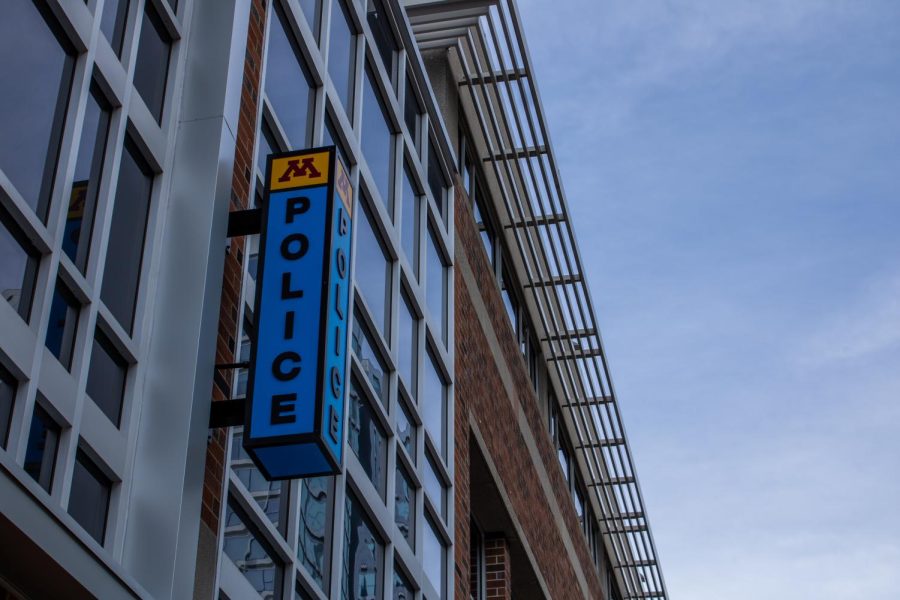
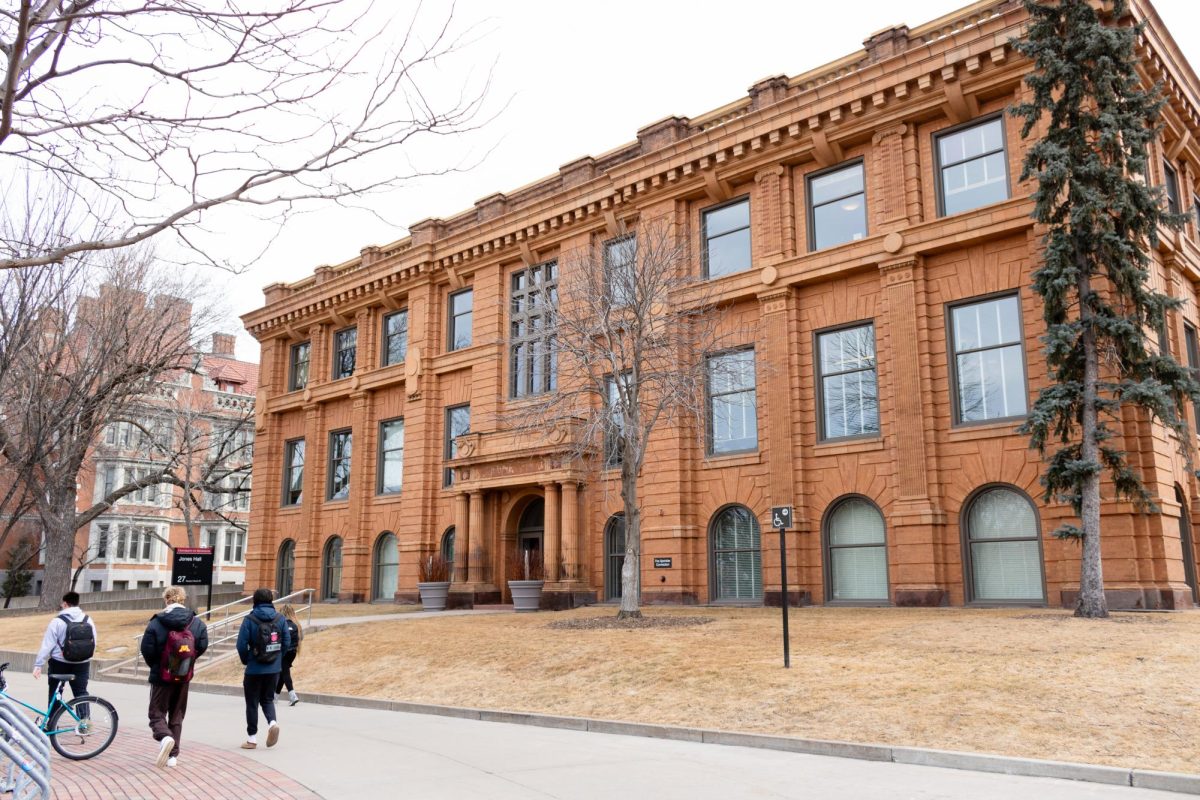





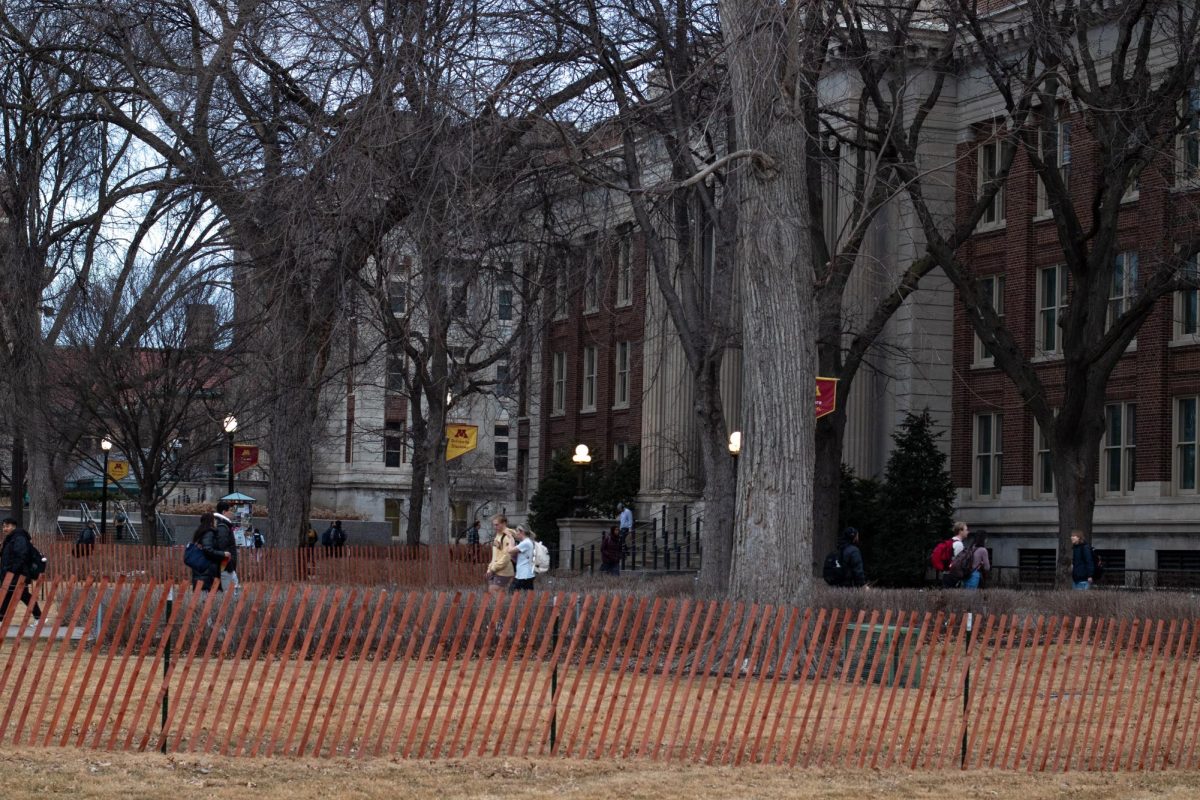
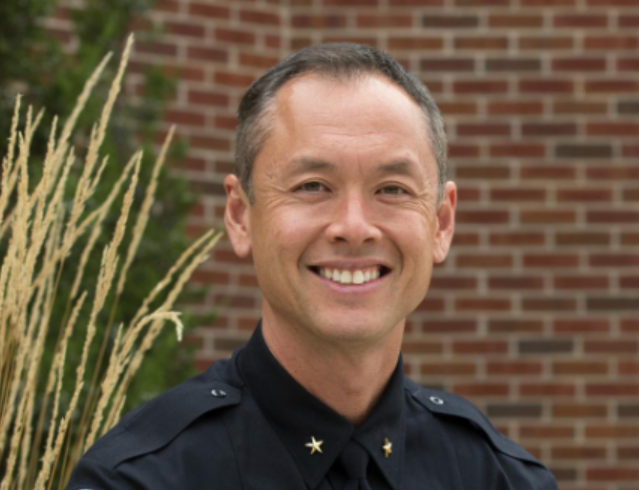
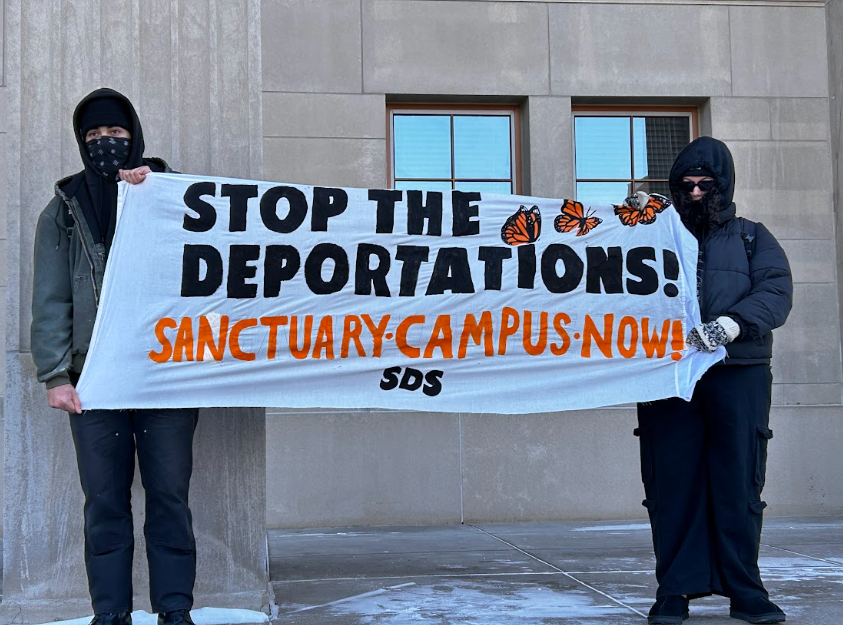
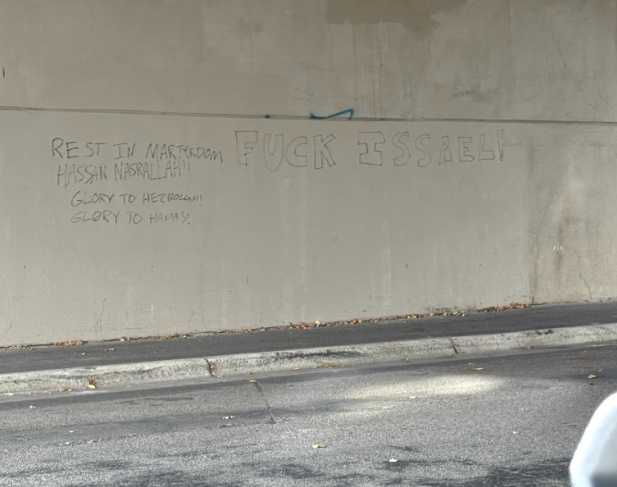







Jason
Apr 17, 2024 at 2:05 pm
FYI: It’s Indiana University not University of Indiana.